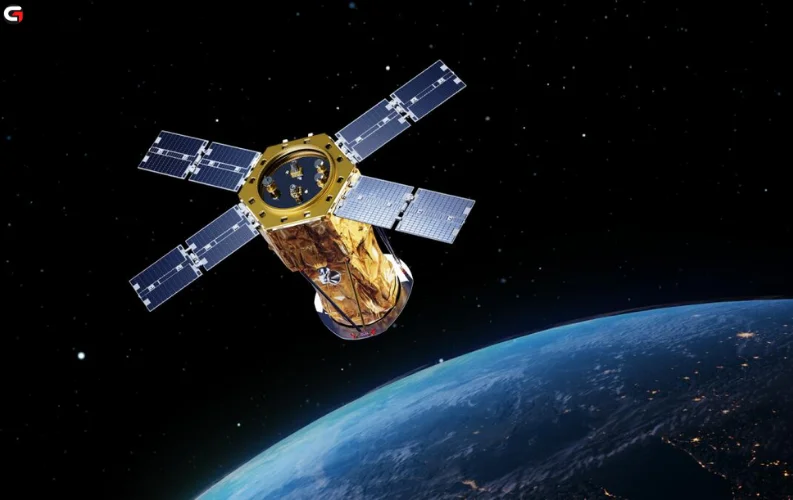In a significant milestone for the UAE's space ambitions, the country's most advanced Earth-imaging satellite, MBZ-SAT, successfully launched on Tuesday, January 14, at 11:09 PM local time from Vandenberg Air Force Base in California, USA.
This launch marks the second Emirati-built satellite to reach orbit. MBZ-SAT was carried aboard SpaceX's Falcon 9 rocket, along with the compact CubeSat, HCT-SAT 1. Among the officials who witnessed the liftoff at the mission control centre in Dubai was Sheikh Mohammed bin Rashid bin Mohammed bin Rashid Al Maktoum, the grandson of Dubai's ruler.
MBZ-SAT's Capabilities:
Weighing 750 kg and measuring 3m x 5m, MBZ-SAT offers groundbreaking imaging capabilities, with double the accuracy of its predecessors, 10 times more imagery, and rapid data delivery. Equipped with advanced electric propulsion, precise navigation, and a high-resolution camera, MBZ-SAT will enhance environmental monitoring, infrastructure management, and disaster relief efforts.
Key Features of MBZ-SAT:
- Imaging accuracy: Twice as accurate as previous satellites.
- Data delivery: Provides 10 times more imagery with rapid delivery.
- Applications: Supports environmental monitoring, disaster management, and infrastructure development.
The first signal from MBZ-SAT is expected to be received about an hour after separation, and engineers at Mohammed Bin Rashid Space Centre (MBRSC) will begin processing the data.
SpaceX’s Rideshare Program:
MBZ-SAT was launched under SpaceX's rideshare program, which offers a cost-effective alternative to traditional launch services. Although initially set for launch in October 2024, the mission faced delays due to technical issues. This launch now successfully positions the satellite in a low-Earth orbit, approximately 500 km above Earth.
Contributions to UAE’s Space Industry:
The satellite is a product of collaboration between MBRSC and five UAE-based private companies, including Strata, Falcon Group, Edge Group’s EPI, Halcon, and Rockford Xellerix. With 90% of MBZ-SAT built by UAE companies, this project strengthens the UAE's space industry and fosters further public-private sector collaboration.
Following its launch, MBZ-SAT will monitor environmental conditions, assess water quality, aid agriculture development, assist in disaster management, and support mapping and analysis. It will be operated and monitored from MBRSC’s mission control room.
Pride for the UAE:
Salem Humaid Al Marri, Director General of MBRSC, emphasized that this moment is a proud achievement for the UAE, with the simultaneous launch of two different satellites – one a large, complex satellite and the other, a student-built CubeSat. This initiative reflects the UAE’s commitment to nurturing its next generation of space explorers.
In celebration of the event, the Burj Khalifa in Dubai was illuminated in honor of the satellite launch, transforming the iconic tower into a giant projector showcasing the satellite's image in orbit.




















